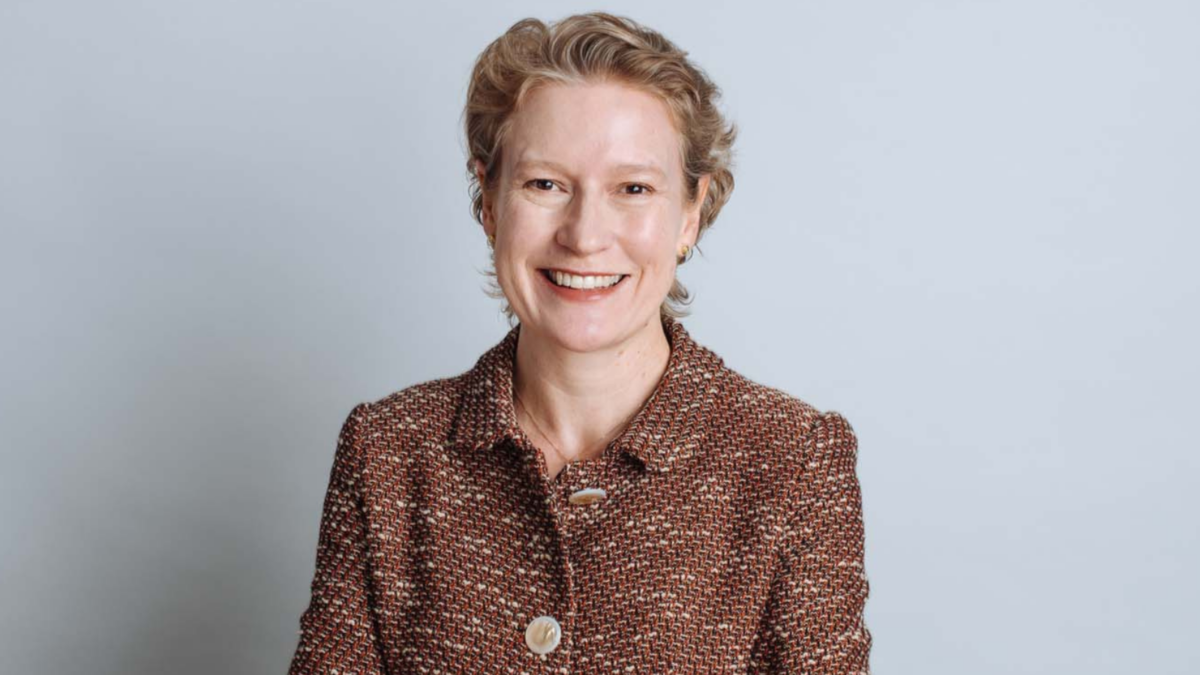The case for research: how to foster genius
It seems a long time since the institutional investment world has seen the sort of genius that led to Modern Portfolio Theory and the Efficient Markets Hypothesis (EMH). Even more unsettling, according to Philip Lawton, recent literature suggests that investors of the future may be deprived of the kind of revolutionary thinking that energized the investment profession in the last half century.
Lawton, the vice president, brand management, at US-based Research Affiliates, writes in a May thought leadership piece that the apparent dearth of financial genius does not mean that the industry is in crisis.
“In fact, we believe that the time is ripe for a new synthesis and that, in the interim, progressive investment management firms will continue to explore the possibilities and improve the investment process,” he says.
Lawton points out that while exceptional minds developed theories such as EMH (Eugene Farma in the 1960s) it is now incontrovertible that markets are, in varying degrees, inefficient and investors are less than rational. Researchers have responded to aspects of the situation, such as the development of smart beta and new-style indices (including Research Affiliates’ own fundamental index).
“In addition, some of the best minds in the field are investigating a range of macro- and microeconomic factors in pursuit of a more robust construct than standard discount models to explain the equity risk premium.
“Behavioral finance offers increasingly rich accounts of the biases to which investors are prone; a deeper understanding of their cognitive styles and the stories they tell may lead theoreticians to rethink the industry’s valuation models.
“It is also reasonable to anticipate significant contributions from emotional finance and neuro-economics in the near future. In short, investment theory may not have entered a full-blown crisis, but fundamentally contrary ideas are in the air, and this is an exciting time for basic as well as applied research.”
Lawton says that investors are usually reluctant to adopt new ideas and, coupled with increasing difficulties in achieving breakthrough technologies – in all industries, not just investments – and the importance of job security, creativity may not be being nurtured as it should.
“Personalities differ, of course, but many creative people need encouragement, a quiet place, time alone, and, ironically, deadlines. And, far from being nonjudgmental, the workgroup should listen to their ideas critically – listen attentively, but find fault with their logic and evidence…
“Argumentative theory compellingly suggests that the proper function of the team is to evaluate alternative hypotheses and solutions. At its best, small group research is an agonistic process, combative but never hostile,” Lawton says.
For the full paper go to:
http://www.researchaffiliates.com/Our%20Ideas/Insights/Fundamentals/Pages/F_2013_May_Searching-for-a-New-Investment-Paradigm.aspx









